What are the pros and cons of Propane?
farmhousegirl
11 years ago
Featured Answer
Sort by:Oldest
Comments (26)
joyce_6333
11 years agoRelated Professionals
Pedley Architects & Building Designers · North Bellport Home Builders · Beavercreek Home Builders · Dinuba Home Builders · Farmington Home Builders · Home Gardens Home Builders · Spanish Springs Home Builders · Chatsworth General Contractors · East Riverdale General Contractors · Lake Forest Park General Contractors · Marysville General Contractors · Orangevale General Contractors · Peoria General Contractors · Pine Hills General Contractors · Torrington General ContractorsEngineerChic
11 years agochibimimi
11 years agobrickeyee
11 years agosweet_tea
11 years agoBAVE
11 years agofarmhousegirl
11 years agodekeoboe
11 years agoppbenn
11 years agodavid_cary
11 years agofarmhousegirl
11 years agofarmhousegirl
11 years agoauroraborelis
11 years agojoyce_6333
11 years agoauroraborelis
11 years agobeaglesdoitbetter1
11 years agodavid_cary
11 years agoauroraborelis
11 years agodianne47
11 years agodavid_cary
11 years agojoyce_6333
11 years agofarmhousegirl
11 years agojoyce_6333
11 years agodseng
11 years agoauroraborelis
11 years ago
Related Stories
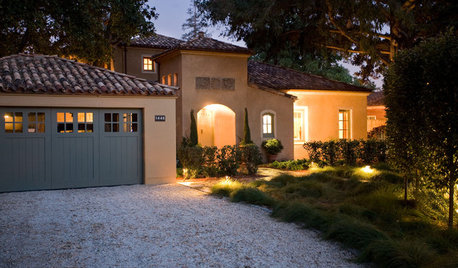
REMODELING GUIDESGravel Driveways: Crunching the Pros and Cons
If you want to play rough with your driveway, put away the pavers and choose the rocky road
Full Story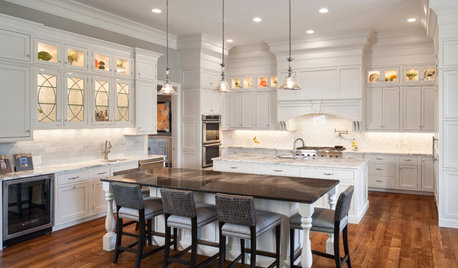
KITCHEN CABINETSKitchen Confidential: The Pros and Cons of Double Stacked Cabinets
Does it make sense for you to double up on cabinets? Find out here
Full Story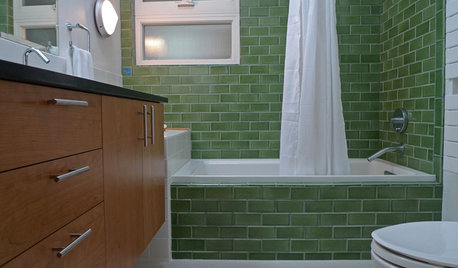
BATHROOM DESIGNBathroom Surfaces: Ceramic Tile Pros and Cons
Learn the facts on this popular material for bathroom walls and floors, including costs and maintenance needs, before you commit
Full Story
KITCHEN LAYOUTSThe Pros and Cons of 3 Popular Kitchen Layouts
U-shaped, L-shaped or galley? Find out which is best for you and why
Full Story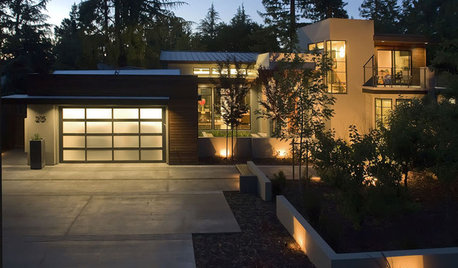
REMODELING GUIDESConcrete Driveways: Poring Over the Pros and Cons
Concrete adds smooth polish to driveways and a sleek look to home exteriors, but here are the points to ponder before you re-surface
Full Story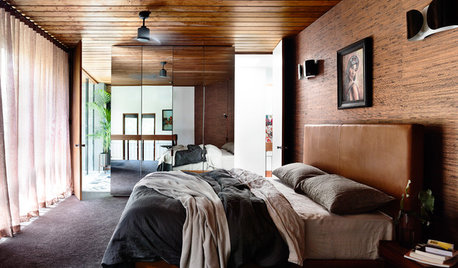
FEEL-GOOD HOMEThe Pros and Cons of Making Your Bed Every Day
Houzz readers around the world share their preferences, while sleep and housekeeping experts weigh in with advice
Full Story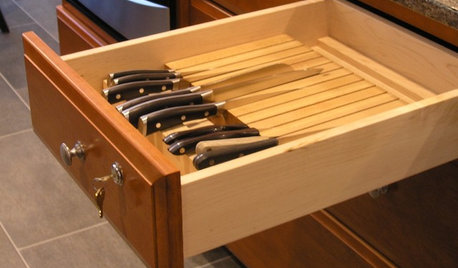
REMODELING GUIDESFrom the Pros: 8 Reasons Kitchen Renovations Go Over Budget
We asked kitchen designers to tell us the most common budget-busters they see
Full Story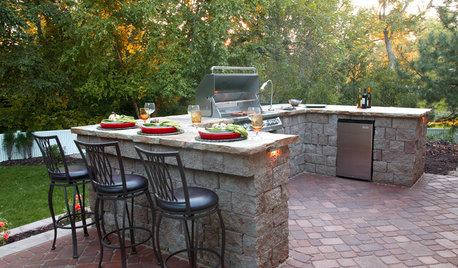
OUTDOOR KITCHENSYour Guide to Grills and More for Great Outdoor Cooking
Learn the pros and cons of gas versus charcoal grills, and about neat add-ons that let you do more
Full Story
MATERIALSInsulation Basics: What to Know About Spray Foam
Learn what exactly spray foam is, the pros and cons of using it and why you shouldn’t mess around with installation
Full Story
FIREPLACESDesign Workshop: Is an Ethanol Fireplace Right for You?
Learn the pros, cons, types, cost and more details about ethanol, or gel-fueled, fireplaces
Full Story









david_cary